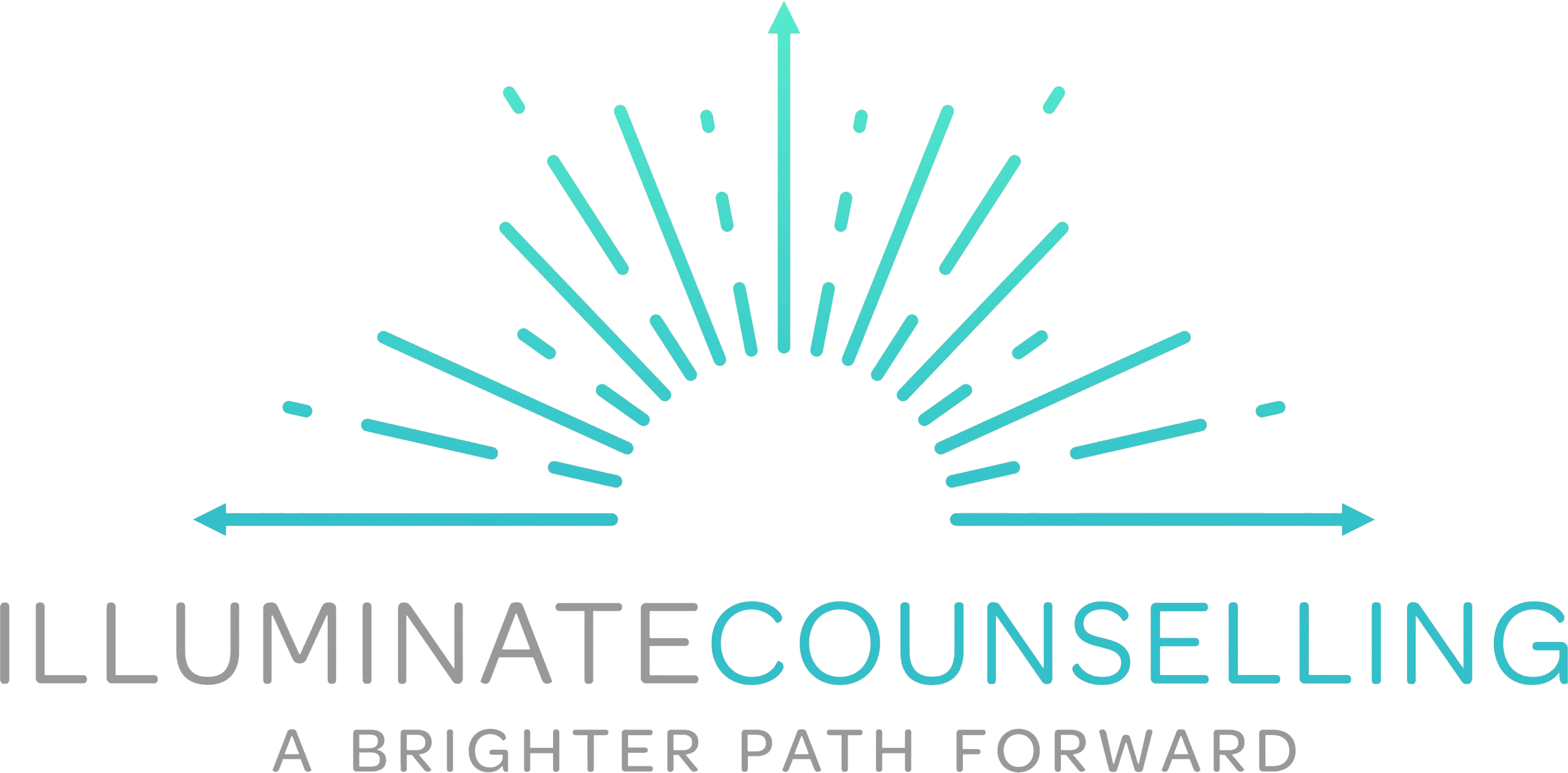“As Long As You Have A Happy, Healthy Baby”
This saying has crossed the lips of so many women and their loved ones. They are words that we offer for support to new mothers, and they’re words new mothers say to themselves. These words however, can be silencing. They can silence the mothers and couples who have just endured what can be an extremely overwhelming event – the birth of a child.
The arrival of a baby can be a life-changing, beautiful moment. It can also be described as scary, overwhelming, and even traumatic.
These are the shared experiences of many women and couples who I’ve had the privilege of working with. They’ve had the courage to reach out and say “that was overwhelming and I need to process what just happened” or “my baby is fine and healthy, but I don’t know if I am”. These women and couples have taken the first step in breaking the silence.
Breaking The Silence…Navigating Mom Guilt
We live in a society that can silence women as well as mental health struggles. This may not be shocking news. Yes we have come a long way towards gender equality since the first wave of feminism, but mothers, especially, still face so many double standards. Women feel pressure to be the perfect mother, and when they realize they aren’t perfect, there are societal and cultural pressures that prevent them from talking about parenting struggles.
We’ve all heard of “mom guilt”, right? Every day we hear mothers speak about their guilt: The guilt of having a cesarean section, the guilt of having an epidural, the guilt of not being able to breastfeed, the guilt of working, the guilt of being a stay-at-home mother, the guilt of having a nanny, the guilt of EVERYTHING. No matter how hard they try, so many mothers report that they feel they’re never doing enough for their children. It’s no wonder why many mothers live with this self-esteem-crushing guilt and never talk about it!
“What About Me?”
A shared experience that many women feel hesitant to speak about is that the moment their babies are born, everyone’s focus is entirely on the baby. There is such a marked difference in the amount of attention we pay to women who’ve just birthed a child. Yes, a baby is cute and it’s an exciting and joyous time, AND perhaps we should have more of a balanced approach in providing support for both mom and baby. We have heard so many women say in the privacy of my counselling room “what about me?” These mothers feel like they can’t speak about it in public for fear of appearing selfish or an unfit mother.
At postpartum follow-ups, many women have told me that they were still in pain or feeling really low, and their physician’s focus was mainly on the newborn. We have spoken with many family physicians who agree that this is a gap in postpartum care. Many mothers have to advocate for themselves and talk about their personal challenges with their physicians. Home care visits and breastfeeding clinics have been shown to make women feel more supported as they transition to new motherhood.
Having said all of this, a baby’s needs ARE incredibly important. AND consider that taking care of oneself is the best way to help provide for one’s baby. For that baby the most important thing in this little being’s life is it’s primary caregiver. Numerous research studies have found that if the mother’s mental health is not well, the sensitive nervous system of their baby will most definitely be impacted.
Conversations around baby blues and postpartum depression are starting to get some airtime, but why are moms still so hesitant to admit when they’re not coping well? Is it the pressure to appear like a “supermom?” Are we supposed to be naturals when it comes to this childbirth/childrearing thing? Maybe there’s still too much judgment in our society. Whatever the reasons, women are hesitant to take care of themselves. Much of our therapeutic work with new moms involves encouraging them to make themselves more of a priority. And YES you can find time for yourself. Even if this means just sitting down to a cup of tea once a day, or having someone take care of the baby for 10 minutes while you have a shower, you are at least making the effort to have some self-care time.
“Ok, So What Can We Do About This?”
Break the silence! We can’t change the fact that childbirth can be scary and overwhelming. It’s hard to change the fact that about 80% of all mothers get the baby blues, and that 10-16% will get Postpartum Depression. But what we can do is talk about it. The more we work to increase the conversation at an individual, community, and societal level, the more we can work towards keeping the culture of motherhood shame and guilt at bay.
So the next time your friend/family member has a baby, pay attention to her newborn AND ask how she’s doing. Ask about her experience, DON’T judge, give unsolicited advice, or compare birthing stories. Just listen with an open and compassionate heart. Take care of the baby so she can sneak a nap in or shower. Clean her kitchen. Do the laundry. Do what you can to support this woman as she transitions into her challenging role as a new mother (or a 2nd-time, 3rd-time mother). And try not to make it about your own experience of motherhood – however tempting!
As for expectant or new moms, know that you CAN talk about your experience, especially if you’re having a lot of challenges and feel really alone. It doesn’t make you selfish. It doesn’t mean you’re unfit for motherhood (motherhood does not always come naturally). It means you care about yourself and your mental health. Seeking support can provide you with a greater ability to provide a healthy environment for your baby to grow up in.
Postpartum Support is Available!
Remember that it’s OK to not be OK. If you or someone you know could benefit from mental health support, read this blog to learn more about the process of finding a counsellor, psychologist, or psychiatrist.




